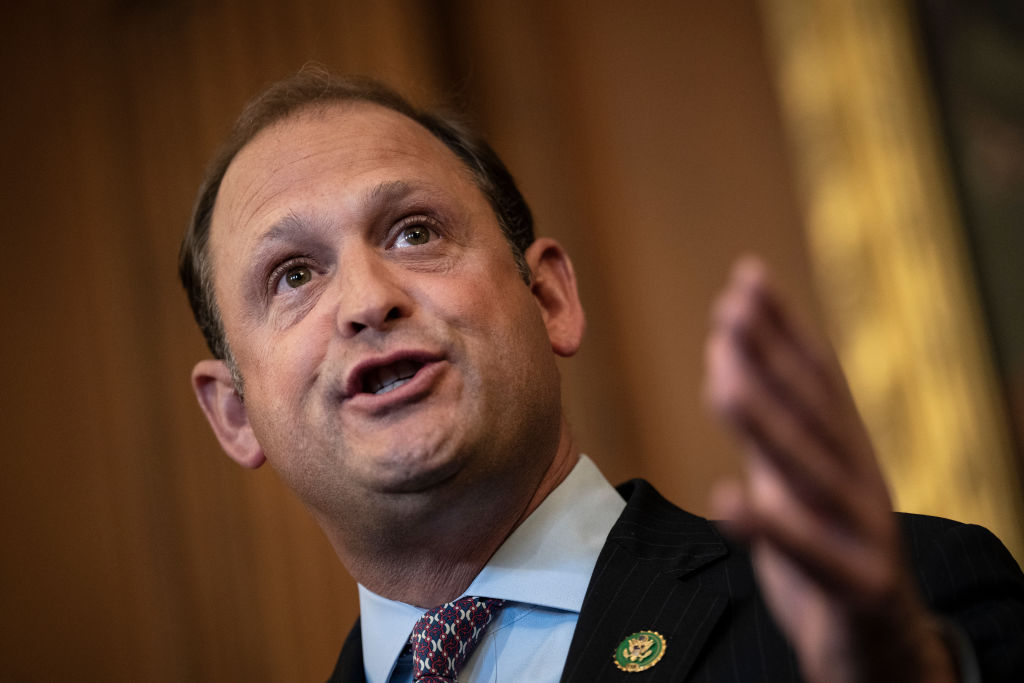The Bill That Will Make Bank Failures More Likely
A GOP-led House bill would lower regulatory barriers, including minimum capital requirements, for new and some existing community banks. A loophole in the legislation could help banking giants circumvent regulations meant to prevent bank failure.

Through its PAC, the American Bankers’ Association gave $10,000 to Rep. Andy Barr (R-KY), the lead sponsor of a bill to loosen banking regulations, last election cycle. (Drew Angerer / Getty Images)
A Republican-led bill in the House of Representatives could fast-track the next financial crisis by lowering regulatory barriers, including minimum capital requirements, for new and some existing community banks. The financial-industry-backed legislation will make it easier for banks to form with fewer assets, even though new banks typically fail at higher rates than more established financial institutions.
While ostensibly intended to help increase banking access in rural areas, a loophole in the bill could also help banking giants circumvent financial-crisis-mitigating regulations.
Along with limiting regulatory reviews of the business plans for new banks, the Promoting New Bank Formation Act would triple the time frame for “de novo” banks to meet capital requirements from roughly one to three years. Capital requirements protect depositors and mitigate the risk of bank failures by mandating that institutions hold a minimum amount of funds relative to their risk-weighted assets.
These minimum capital requirements were temporarily raised for new banks after the 2008 crash, in part to prevent less established institutions from triggering cascading bank failures. In the years leading up to the financial crisis, de novo banks failed at twice the rate of established small banks, risking customers’ deposits and, in some cases, necessitating government bailouts.
Data from the Federal Deposit Insurance Corporation finds that new banks are also more likely to go under when they face lower capital requirements.
“All banks, especially new ones, must have an adequate capital cushion to absorb their losses during times of stress to avoid failing and potentially causing contagion,” Renita Marcellin, advocacy and legislative director for the depositor advocacy group Americans for Financial Reform, told lawmakers at a 2023 congressional hearing on banking regulation.
To make matters worse, according to Democrats opposed to the legislation, the bill contains a loophole crafted to help big banks.
“It appears to allow any large bank holding company to establish a small de novo bank subsidiary” and exploit reduced capital requirements and regulatory reviews — a threat to the “safety and soundness” of the entire banking system, lawmakers argue.
That’s likely why the bill has earned the support of a powerful financial industry trade group, the American Bankers’ Association, which argues that a “robust, diverse banking industry is critical to ensuring access to capital across the country.”
So far this year, the group has spent at least $5.8 million lobbying on this bill and other issues. Through its PAC, the American Bankers’ Association also gave $10,000 to the bill’s lead sponsor, Rep. Andy Barr (R-KY), last election cycle.